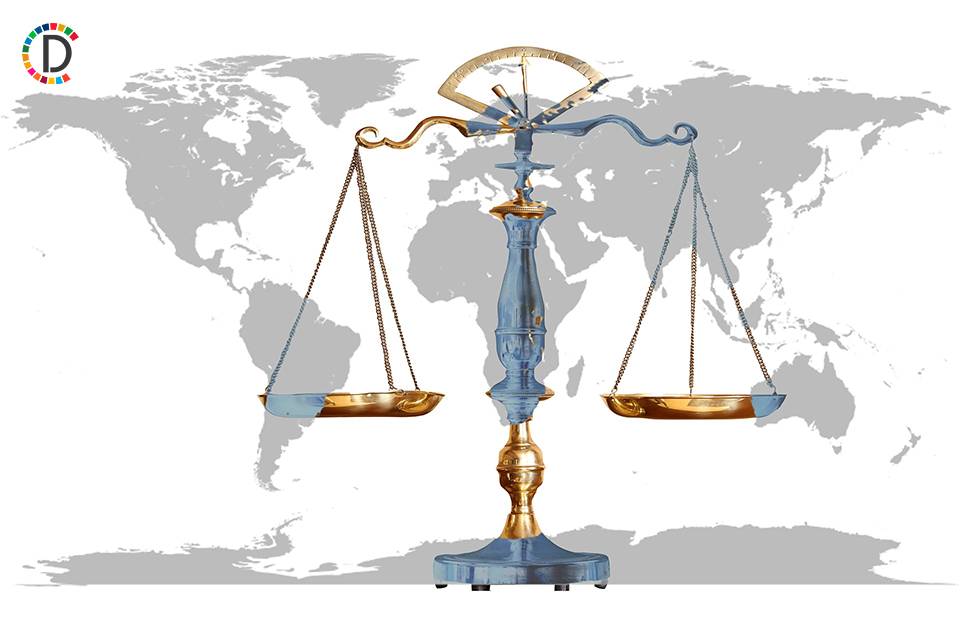Uttarakhand High Court dismisses petitions challenging law on management of temples

- Country:
- India
The Uttarakhand High Court on Tuesday dismissed two writ petitions, including one filed by BJP leader Subramanian Swamy, challenging the constitutional validity of a 2019 law which handed over the management of 51 temples in the state to a board constituted by the state government. A bench comprising Chief Justice Ramesh Ranganathan and Justice R C Khulbe noted that the Uttarakhand Chardham Devasthanam Management Act is the latest in a long line of enactments made by various states all over the country entrusting management of Hindu temples to a board.
Citing the examples of various revered temples across the country including Shri Mata Vaishno Devi Temple in Jammu and Kashmir, Shri Jagannath Temple at Puri in Odisha, and Lord Venkateshwara Temple in Andhra Pradesh, the court said they are also administered by boards. Rejecting Swamy's contention that the Act covers a large number of temples and not just an individual temple, the bench cited the example of Somnath Trust which manages and maintains not just Somnath temple but 64 other temples in Prabhas Patan.
On Swamy's complaint that the chief minister of the state is the ex-officio chairman of the Board, the court said the Governor of Jammu and Kashmir is the ex-officio Chairman of the Board constituted under the Jammu and Kashmir Shri Mata Vaishnodevi Shrine Act. Observing that the law enacted by the Uttarakhand government "is not ultra vires the Constitution of India", the court said the challenge to the validity of the 2019 Act "on the grounds that it violates Articles 14, 25, 26 and 31-A of the Constitution of India must fail".
"Subject to the aforesaid observations both the writ petitions are dismissed," the court said in its 129-page order. The other writ petition challenging the validity of the Act had been filed by Shri Panch Mandir Samiti Gangotri Dham and another.
Earlier, temple committees managed the affairs of these temples. Uttarakhand Chief Minister Trivendra Singh Rawat welcomed the High Court's judgement terming it a "stamp of approval" on the state government's decision to constitute the Devasthanam Board through an Act to run the affairs of a number of temples in the state including Chardham in a more efficient way. He said 36 lakh devotees visited Chardham last year and in view of the increasing footfalls at the Himalayan temples it was necessary to constitute the board to ensure the safety of pilgrims.
The centuries-old traditions related to the temples and the rights of the 'Pandas and Teerth purohits' have all been maintained, he said. "The constitution of the board is the biggest reformative step taken by the state government after Uttarakhand came into being," he said.
(This story has not been edited by Devdiscourse staff and is auto-generated from a syndicated feed.)
ALSO READ
UN hails Odisha for its exemplary disaster management, successful food security measures, and innovative millet mission
Tattoos derogatory, need to be removed within 15 days: Odisha Police to special force personnel
BJP's 10th list of candidates for LS polls: UP minister Thakur to face Dimple Yadav in Mainpuri
Odisha CM forms ‘manifesto committee’ to help BJD prepare poll document
Lok Sabha polls: Union minister Dharmendra Pradhan holds roadshow in Odisha's Sambalpur










